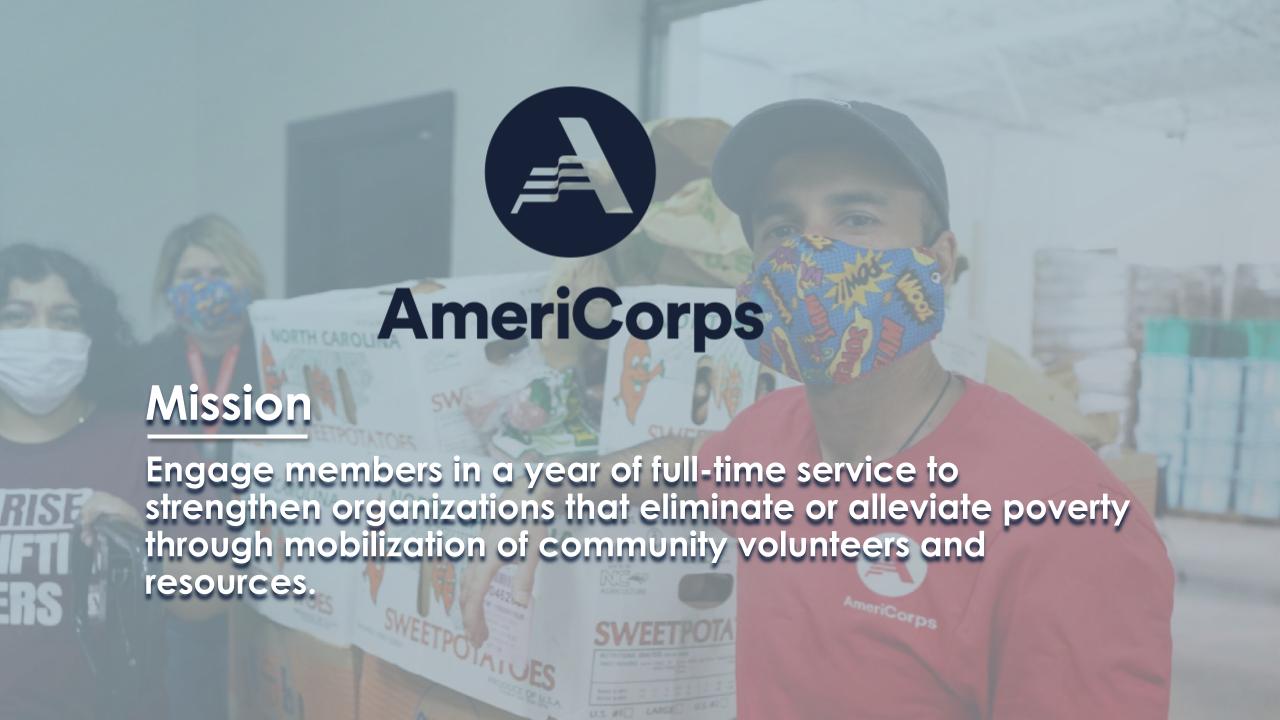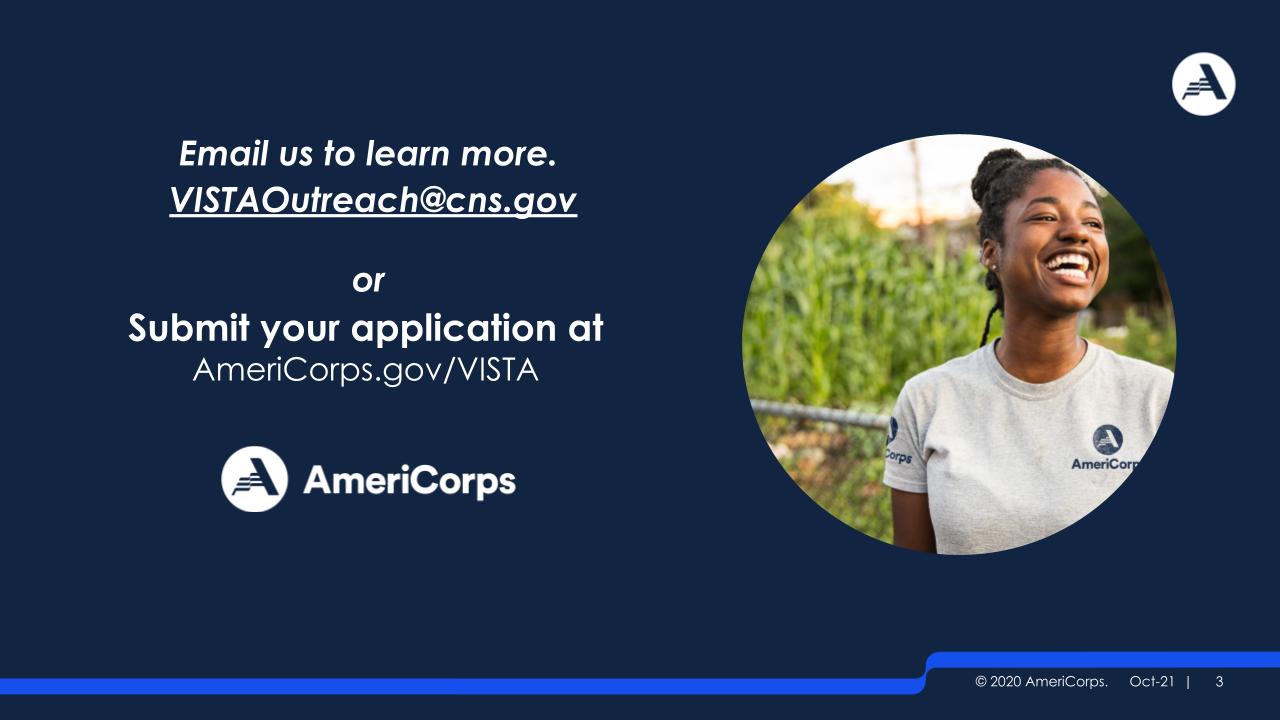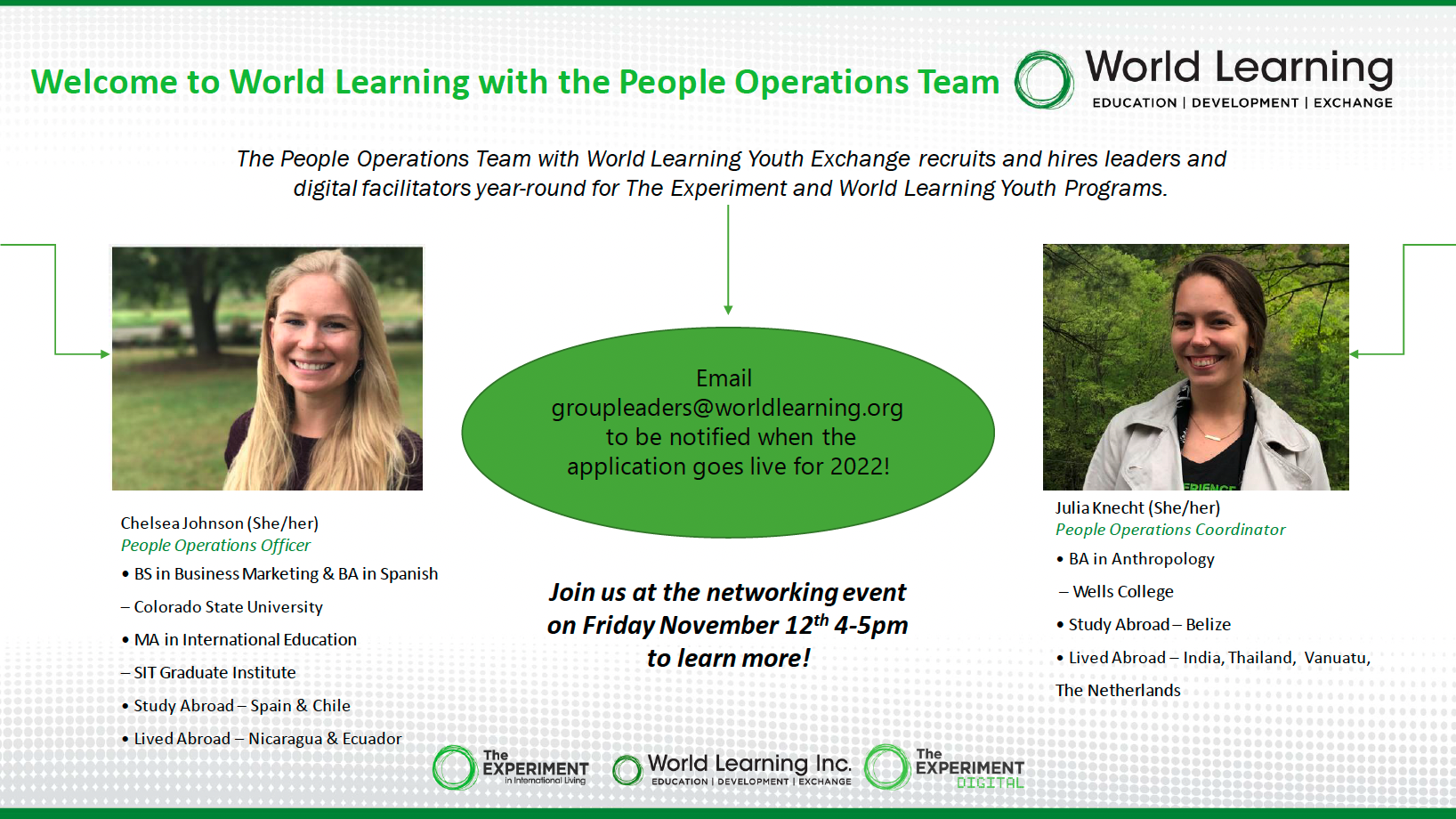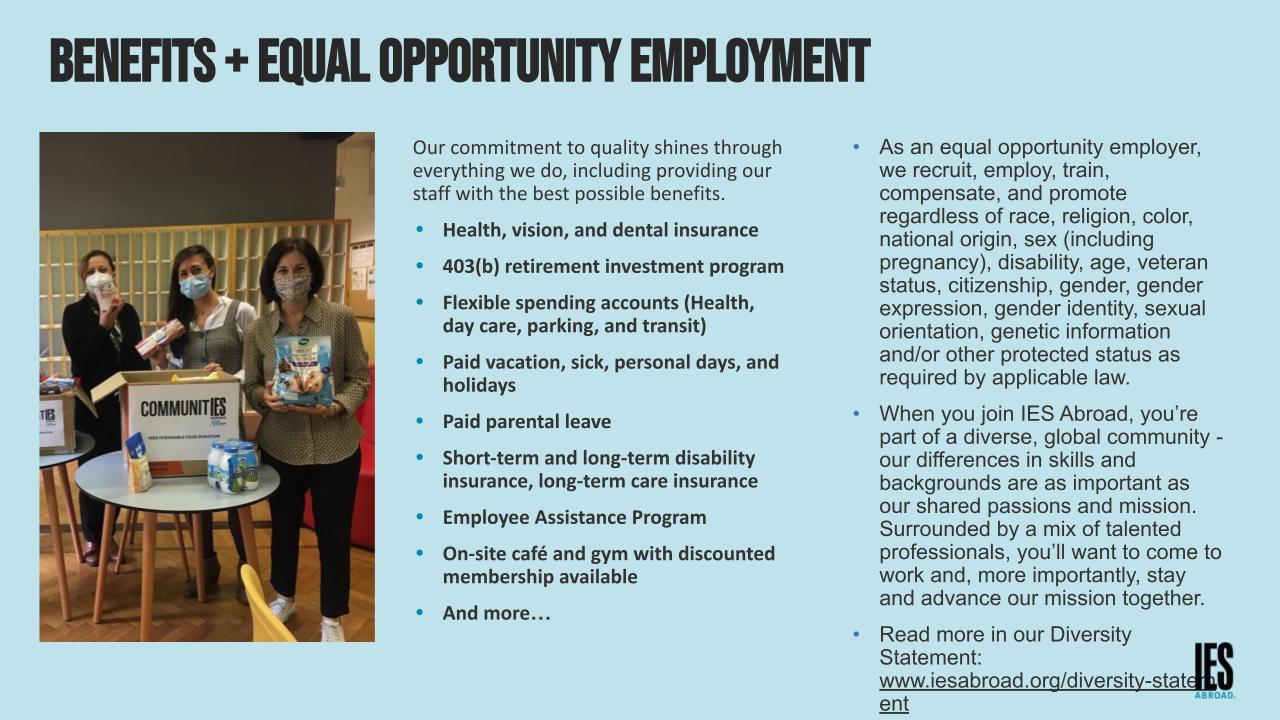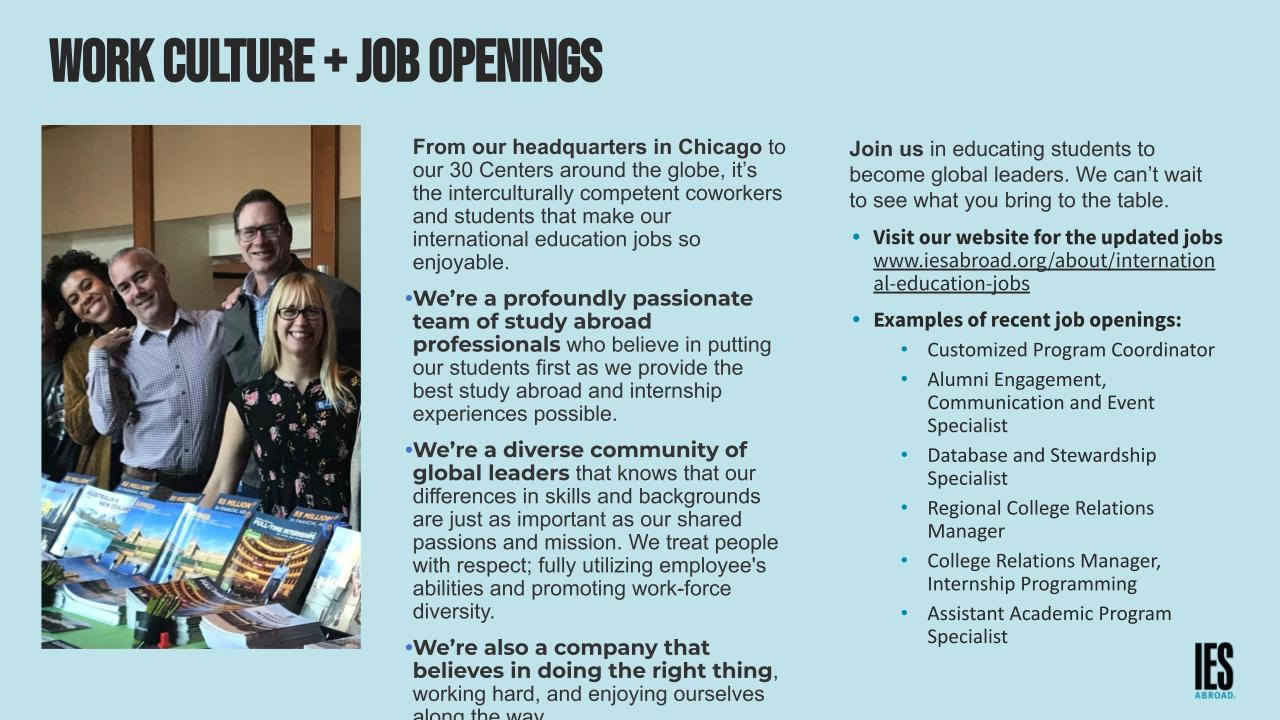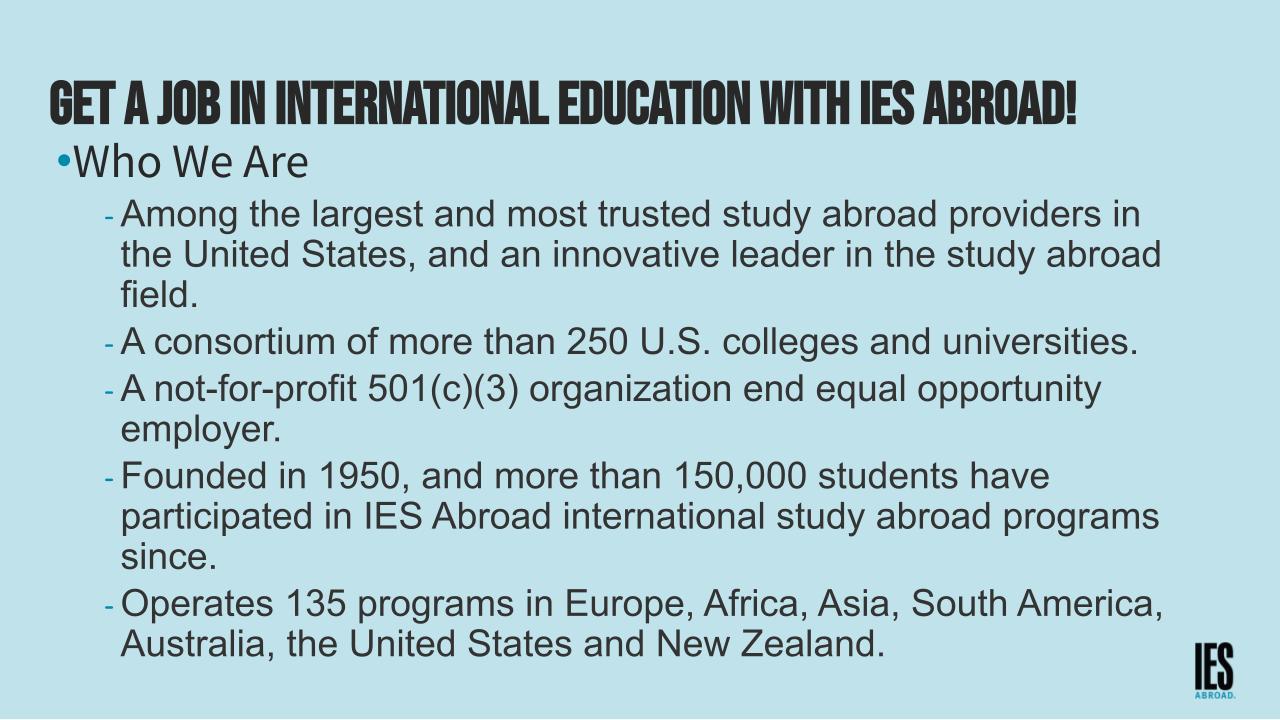The Call for Proposals for the 2024 Global Inclusion Conference (GIC) is Now Closed.
Supporting students in their academic success, interpersonal development, and career readiness are critical components of global learning and international education. The Global Inclusion Conference offers a unique environment to explore the ways that advancing equity and inclusion in global education contribute to student learning and inclusive success. We invite you to submit a proposal to share your experiences with the broader community.
Since 2013, Diversity Abroad’s annual conference has constituted the most comprehensive forum to share innovations, build community, and collaborate to advance diversity, equity, and inclusion in global education and cultural exchange.
As in prior years, Global Inclusion 2024 will embody Diversity Abroad and its member community’s holistic approach to addressing and accelerating systemic and equitable change in all aspects of global education and cultural exchange.
Session Formats
Concurrent Session
Concurrent sessions must involve a minimum of two and up to four (4) presenters in the presentation. Concurrent sessions are either 60-minute or 75-minute interactive sessions. Presenters are encouraged to collaborate with colleagues and professionals from different campus units/offices and/or with colleagues from other institutions for greater consideration. Presenters must develop a tool/resource/framework that can be shared with the attendees. For example, a session focused on hiring practices might include sample interview rubric to mitigate bias.
Deep Dive Session
Deep Dive sessions are interactive and engage participants in hands-on activities and discussions. Deep Dive sessions are 90 minutes, including a presentation or panel discussion with time for audience engagement such as breakout sessions, Q&A, and action planning activities. Deep Dive session submissions are expected to include a chair and have no more than three (3) additional presenters. Presenters must develop a tool/resource/framework that can be shared with the attendees. For example, a session focused on assessment might include sample student evaluation prompts and rubrics for evaluating best practices.
Posters
Conference posters will encourage attendees to explore emerging themes in global education, diversity, and inclusion through interactive dialogue and visual representations (infographics, pictures, graphs, etc.). Proposals may encompass a broad range of topics such as: multicultural student experiences, promising practices/case studies, and research.
Campfire Sessions
Campfire sessions offer a loosely structured setting where participants engage in storytelling for 45 minutes. Led by a facilitator, the session begins with a brief story setting the foundation for a thematic discussion. Participants then share their experiences, fostering discussions and revealing common issues within the campfire group. This format encourages diverse perspectives, allowing for spontaneous, participant-driven discussions and is also a networking opportunity for individuals with shared interests. These sessions do not include presentation slides and rely on facilitators' subject knowledge and skills to guide the organic conversation.
SESSION TRACKS
The Global Inclusion Planning Committee invites session proposals inclusive of diverse perspectives that focus on diversity, equity, and inclusion in all sectors of global education. With this in mind, presenters are expected to identify which track applies to each proposed session:
These “Tracks” provide a framework for participants of the conference to better understand the content of the session, especially for those seeking to specialize in one or more broad area.
Within these tracks there are multiple themes to explore. Here are some themes that you might consider to addressing however other themes are welcomed keeping in mind the focus on diversity, equity, and inclusion in global education.
Session Focus
The focus of each session will help attendees understand the contents and intended outcomes of the session. Each submission will be expected to note the focus of its content:
- Research:These sessions will explore recent studies and findings related to the chosen track.
- Best Practices/Case Studies:Sessions with this focus will ground promising examples in frameworks and/or structures that will be applicable to a variety of situations. Submissions explicitly promoting a specific program or product will not be accepted.
- Trainings and Workshops:These sessions will be highly interactive, providing participants an opportunity to develop and practice new and existing skills related to the chosen track.
- Other
General Guidelines
- Proposal submissions will be accepted through Friday, April 19, 2024 at 11:59 PM Pacific Standard Time.
- Word limits. The Planning Committee may reject a submission without review if the abstract or description exceeds the word limits specified in the application.
- Participation limits. To promote broad participation in the Global Inclusion Conference, an individual may not appear as primary presenter or chair on more than two submissions. An individual may not appear as a participating presenter on more than three submissions.
- Presenters are encouraged to review the guidelines available in the Global Equity & Inclusion Guidelines when developing proposals.
- Presenters are encouraged to develop a comprehensive resource handout including: theoretical frameworks, authors of significance, seminal readings, news platforms, etc.
- All participants whose proposals are accepted for a session (chairs and panelists where applicable) are required to register for the Global Inclusion Conference by the early bird deadline and attend the Conference to present their scheduled session. Presenters will receive a 10% discount on early bird pricing.
A PDF version of the call for proposals questions and prompts can be found here. Please note that all submissions must be submitted through the online portal to be considered. We look forward to reviewing the submissions.


